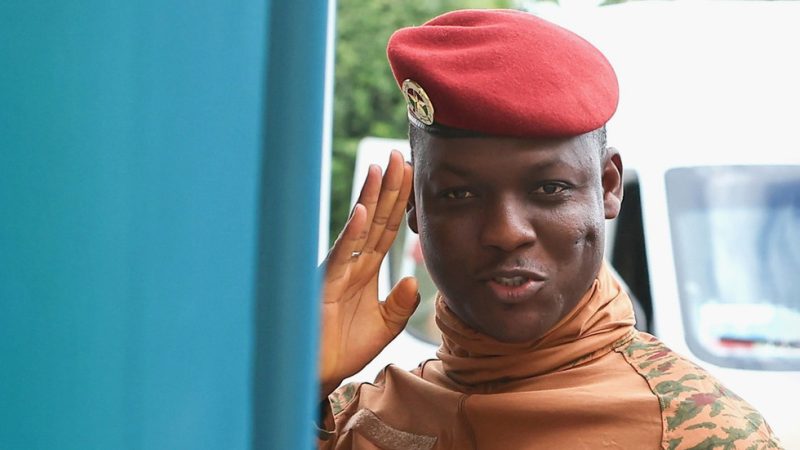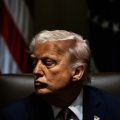
In a surprising move with significant implications, Burkina Faso’s interim president, Captain Ibrahim Traore, has pardoned several soldiers involved in a coup attempt a decade ago. These officers, who had faced imprisonment for their actions in 2015, are now set to rejoin the army. The official reasoning centers on bolstering the nation’s fight against the escalating terrorist threat plaguing the Sahel region. This decision, however, is far from straightforward and raises several crucial questions.
The pardon signals a potential shift in the country’s approach to internal security and reconciliation. By reintegrating these experienced soldiers, Captain Traore aims to strengthen the army’s capacity to combat the numerous insurgent groups operating within Burkina Faso’s borders. The hope is that their knowledge and expertise will be invaluable assets in this ongoing battle. The move could also be interpreted as an attempt to consolidate power and foster unity within the military, particularly given the history of coups and instability in the nation.
However, the decision is not without its risks. Critics argue that pardoning those who attempted to overthrow the government sets a dangerous precedent. It could potentially embolden future attempts at seizing power, undermining democratic processes and creating instability. Furthermore, the integration of these soldiers back into the ranks could lead to internal divisions and distrust within the army, potentially hindering rather than helping the fight against terrorism. There are also concerns about the potential for these pardoned officers to harbor resentment or hidden agendas, posing a threat to national security.
The international community will be watching closely to see how this decision unfolds. The effectiveness of the pardon in strengthening the fight against terrorism remains to be seen. Only time will tell if this gamble pays off, or if it ultimately weakens Burkina Faso’s already fragile security situation. The situation underscores the complex challenges facing the country, caught between the urgent need to combat terrorism and the need to maintain stability and uphold the rule of law.










